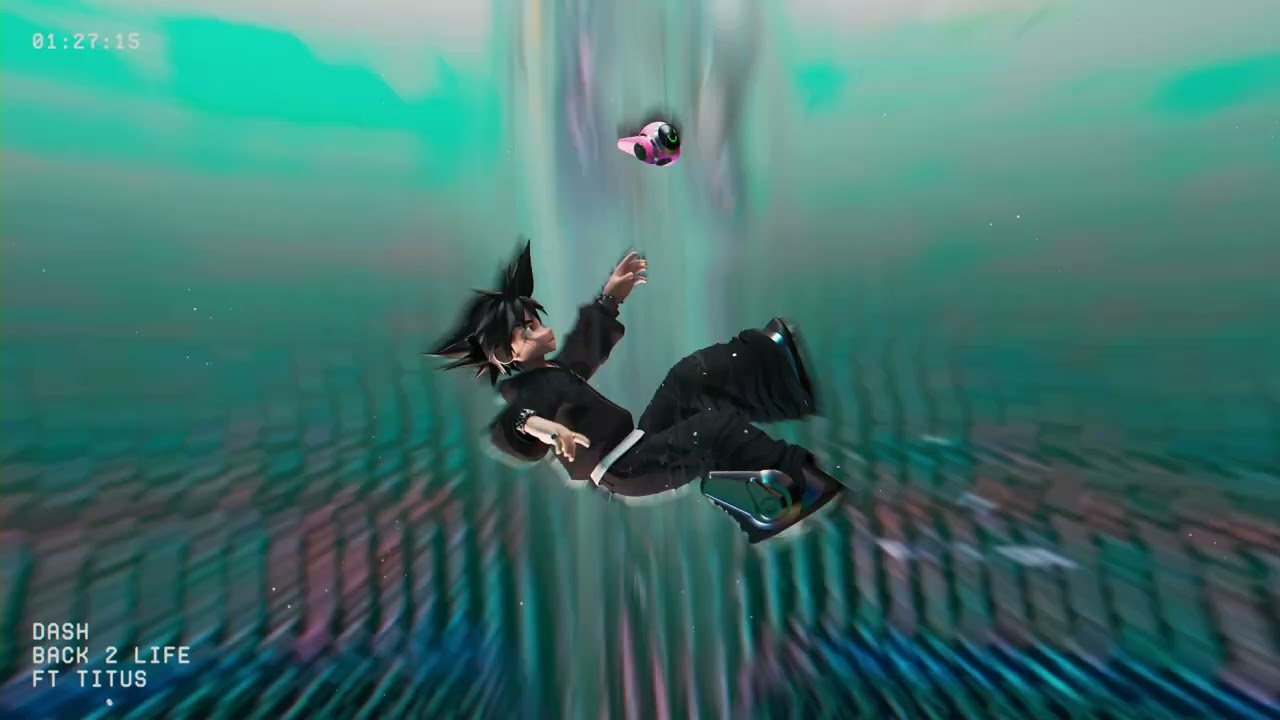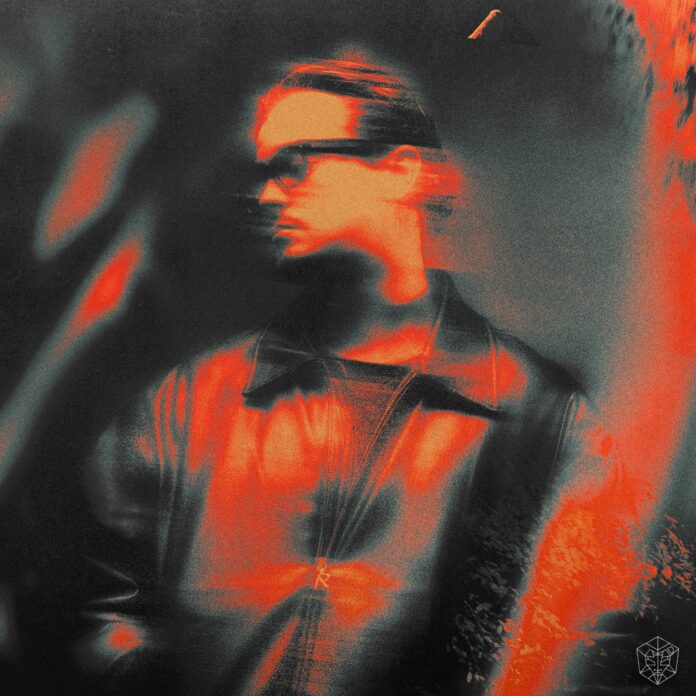The Legend of Korra presented an Avatar with a personality far different from Aang's. Whereas the hero of Avatar: The Last Airbender was a playful pacifist who preferred games and evasion to head-on conflict, Avatar Korra proved from the start of the sequel series that she had a fiery personality far more befitting the hot-headed Fire Nation than the tranquil Water Tribe. And that may not be a coincidence.
The finale to the original series saw Aang use a never-before-seen bending technique that remains mysterious to this day, and its consequences could have left the spirit of Raava (which would reincarnate in Korra) more tainted than he realized. A new theory proposes there is an actual explanation for the difference between Aang and Korra, and if nothing else, it gives Avatar fans plenty to think about.
Right from her introduction, it was clear that Avatar Korra was different from her predecessor Aang. Even as a child she burst into a room to bend three different elements and declare "I'm the Avatar and you've gotta deal with it!" A far more confrontational attitude than Aang's more passive personality, as even as she grew older Korra maintained her headstrong mentality. That same personality made her perfect for Firebending, already mastered in her teenage years and proven to be one of her go-to options in any fight. But, though the Avatar is the master of all four elements, Korra's preference may strike some as a little odd. After all, she's from the Water Tribe.
Personality differences in Avatar often align with the type of a Bender a person is, and Waterbending and Firebending are considered opposites that require completely different mentalities for their approach. While Waterbending blends offense and defense in a patient and versatile style, Firebending is favored for its aggressive use of an onslaught offense. Aang took to Waterbending naturally during his lifetime, but it seems something changed in his next life when he was reincarnated. For the most part, it's reasonable to chalk that up to a difference of character, but a recent theory on Reddit proposes that there is an actual explanation for the drastic shift in personality from Aang to Korra.
In the finale to Avatar: The Last Airbender, Aang was adamant that he not end the Hundred Year War by taking his foe Firelord Ozai's life. Granted a unique ability by the Lion Turtle, Aang instead opted to remove Ozai's power with Energybending, restraining the Firelord before purifying him with the blue light of his spirit. But the new technique nearly came at a dire cost as Ozai's own red energy corrupted Aang's body, nearly overtaking him completely before a final burst of energy ended the fight in Aang's favor. According to the recent theory, Aang didn't actually walk away from the clash unscathed. Instead, Ozai's firebending spirit left an impression on the spirit of Raava that would later reincarnate as the more fire-oriented Korra.
The theory is a little far-fetched and not really necessary in terms of answering a question that was not really a mystery. After all, a range of personalities is present among every type of Bender without the need to point to some corrupting influence on their spirit in the past. The friendly and sensitive Bolin is as much an Earthbender as the tough and callous Toph, for instance. But the theory does provide an interesting avenue of thought about the unseen consequences of Ozai's corrupting influence. Energybending never includes such a dramatic contest between spirits as it did in Avatar's finale, and when Aang later removes Yakone's bending, he is seen doing so without any threat of corruption.
What would have happened if Ozai had won out in the series' final moments, and how did his resistance differ from Yakone's? These are intriguing questions that the series sheds little light on, and Energybending, in general, is perhaps the single most mysterious bending art in the franchise. Avatars always range across a spectrum of personalities, with Wan, Yangchen, Kuruk, Kyoshi and Roku being as different from one another as Aang and Korra. If each Avatar is reincarnated as the next, it would make sense that there's some explanation for why their personalities diverge so extremely from one life to the next.
The possibility that each of their spirits undergoes a change throughout their lifetimes is intriguing. Certainly, Avatar Kuruk underwent his own spiritual damage, as detailed in The Shadow of Kyoshi novel, and with so little known about other Avatars, it's possible each one had unique battles that ended up having a ripple effect across their lifetimes. Even if the theory isn't especially convincing, it provides valuable food for thought, and if the franchise ever has, say, an evil Avatar, this could go a long way in explaining how such a majorly dire event could occur in the harmonious world where their protection is paramount in maintaining balance.
About The Author

